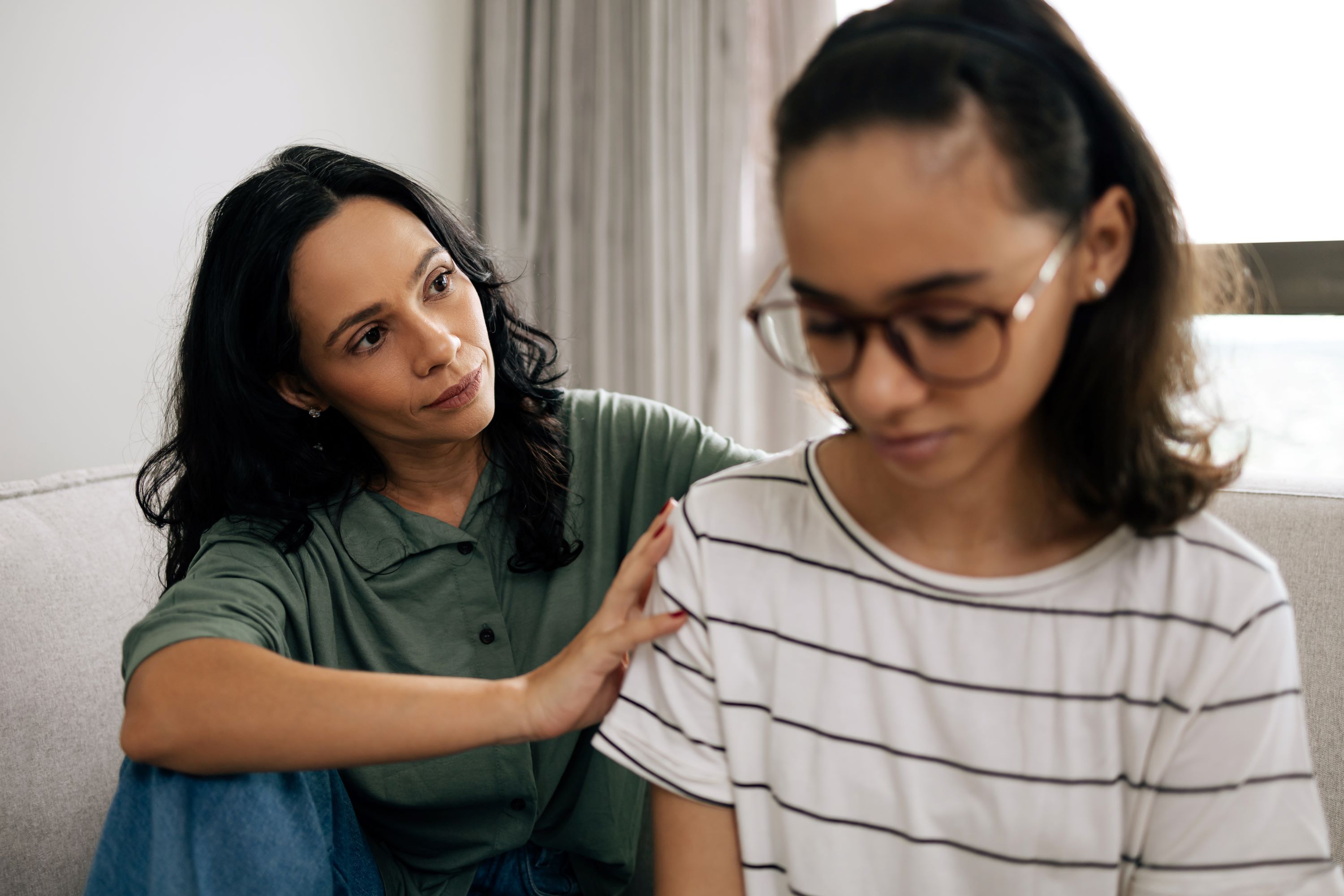By James R. Haj, president & CEO The Children’s Trust, reprinted from Miami's Community Newspapers
To a child witnessing disturbing images and videos of global conflicts, the effects can be even more difficult than for the rest of us. Stress levels can easily spike for children if they are exposed to a barrage of intense media, possibly followed by symptoms of anxiety or depression. Parents and caregivers will ideally tune in to how such situations may impact their children’s emotional well-being, and when they might want to reduce exposure and offer age-appropriate explanations of what is going on.
Parents know their children best. Consider children’s individual personalities and characteristics in deciding how to broach these difficult topics. Even so, there are some things all adults can consider when communicating with children about complex situations.
Watch what they watch!
With social media and the 24-hour news cycle pressing in on younger and younger children, parents need to be aware of what their kids are seeing and how it affects them. Younger children might have more limited exposure and awareness of what is going on; keep discussions at their level of interest. Even for older kids, parents need to limit the amount of potentially disturbing information their kids are getting by taking periodic media breaks - times when cell phones, tablets and televisions are turned off in favor of other interactive activities.
Communicating with children and youth openly as a family reduces the risk of children learning about troubling world events on their own without emotional support and reassurance. When parents are ready to bring up the subject, they can start by asking how much their children know about what is going on in the world and how it makes them feel.
Their feelings matter
Let them know that however they feel, it’s okay. Troubling situations are likely to make them feel fear, confusion or guilt, and those are all valid. If they ask specific questions, fill in the blanks with enough information to put them at ease without overwhelming them.
Listen to your child and if they ask hard questions about how global issues can affect your family, validate their feelings and ask what they are most afraid of, while at the same time letting them know they are safe.
For older children and adolescents, talking about global issues or politics may lead to discussions about which side is right and which is wrong. Don’t be afraid to explain to them that simple answers don’t come easy in real life and that global conflicts and even issues in your community can be complicated. Although it is important to teach that all opinions should be respected, parents can also use the opportunity to reflect on their own values and beliefs.
What you and they can do
Communication and dialogue will pave the way for your kids to handle these issues, but distractions and taking specific actions are other ways to put them at ease. Focusing for too long on troubling issues may lead to increased anxiety about global issues, so make sure to give your children ways for their minds and bodies to stay active. Exercise, sports and games are great ways to focus on the here-and-now and can be therapeutic if kids seem overwhelmed with certain issues. The Children’s Trust funds free and low-cost after-school, summer and other youth programs that might be of interest to your children. Visit TheChildrensTrust.org/Find-A-Program to find one near you.
You can also encourage and facilitate your children taking actions to help those in need. Parents can find local organizations and institutions that are looking for volunteer help. Be sure to carefully research options to make sure they are not taking kids into a situation that is too emotionally charged or counterproductive to easing your child’s mental well-being.
Parents are their children’s primary supporters and advocates. To best care for your children’s well-being, it is critical to first nurture your own through connecting with other parents and practicing self-care. The Children’s Trust offers free parenting workshops across the county as part of its Parent Club, which offers more tools that parents and caregivers can use to help their younger or older children navigate growing up. Visit TheChildrensTrust.org/ParentClub to sign up for a free workshop near you.

